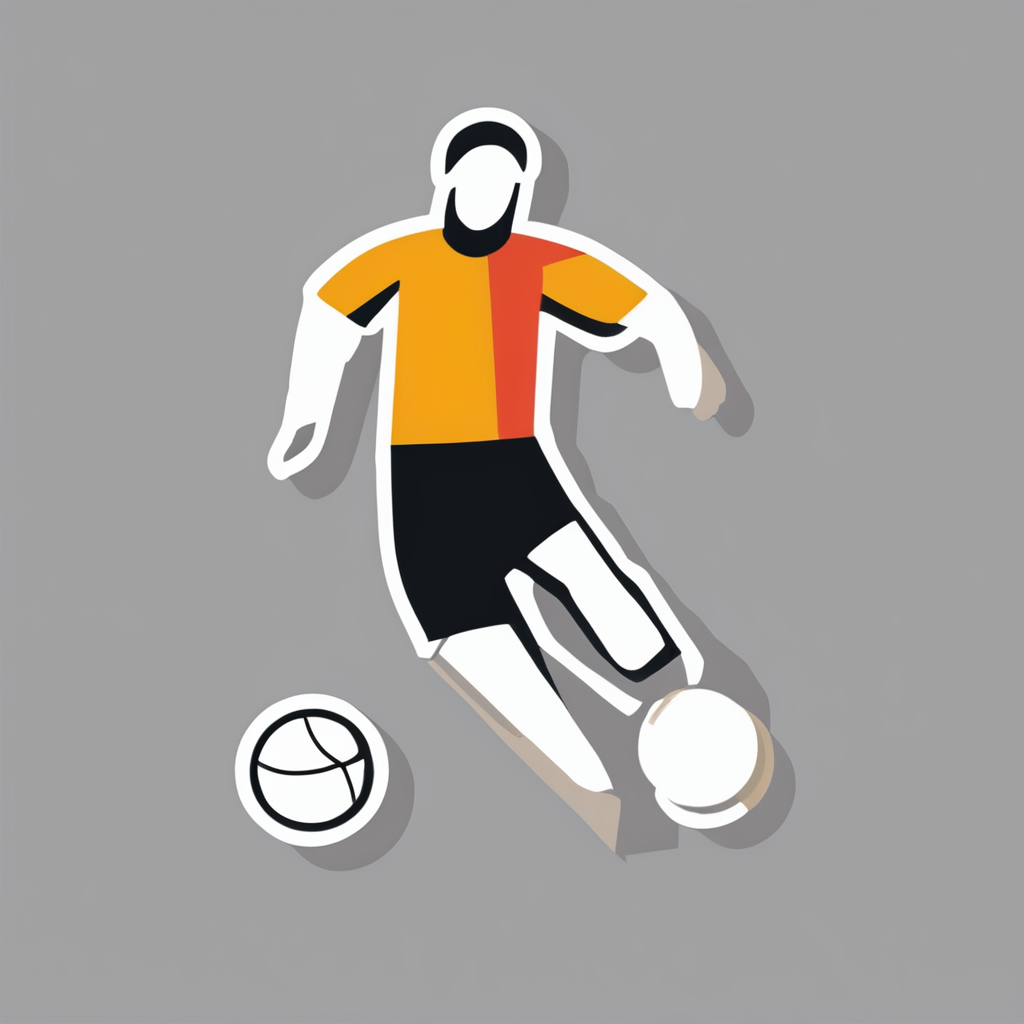Understanding Mental Resilience in Combat Sports
Mental resilience refers to the ability to maintain focus, recover quickly from setbacks, and perform under pressure. In combat sports, this psychological strength is not just an advantage—it is essential. Athletes must manage intense physical pain, the unpredictability of opponents, and the high stakes of competition.
For UK combat sport athletes, psychological strength often determines success as much as physical ability. These athletes face unique pressures, including national expectations, limited resources, and the mental toll of rigorous training schedules. Mental resilience helps them stay motivated, disciplined, and confident, even in challenging circumstances.
This might interest you : What Makes Combat Sports in the UK So Popular?
Common mental challenges in UK combat sports include overcoming fear of injury, handling performance anxiety, and maintaining concentration during grueling matches. Fighters must also cope with external stressors like media scrutiny and balancing personal life with training demands.
Building mental resilience requires targeted approaches such as mental skills training, goal-setting, and stress management — areas where UK sports psychology professionals contribute significantly. Their expertise helps athletes strengthen focus, emotional regulation, and adaptability, maximizing performance potential both in and out of the ring.
Additional reading : What Challenges Do Amateur Fighters Face in the UK?
Proven Strategies for Building Mental Resilience in UK Combat Sports
In UK combat sports, resilience training focuses on developing athletes’ mental toughness to handle pressure and setbacks effectively. Coaches commonly employ techniques such as controlled exposure to stress during sparring sessions, which mimics real competition environments. This approach helps fighters adapt and respond calmly under duress.
A crucial aspect of these programs is mental skills development. Techniques like goal-setting provide athletes with clear, measurable objectives, fostering motivation and consistency. Visualisation exercises are used extensively; fighters mentally rehearse techniques and scenarios to enhance confidence and reduce anxiety. Positive self-talk methods encourage a resilient mindset by replacing doubts with affirming statements, which improves focus and emotional regulation.
UK combat sports programs also emphasize integrating psychological support directly into training regimes. This often means access to sports psychologists or mental performance coaches who tailor strategies to each athlete’s needs. This combination of practical and psychological preparation ensures fighters are not only physically ready but mentally equipped to face the challenges of competition.
Together, these strategies form a comprehensive framework that supports the ongoing development of resilience, essential for success in high-pressure UK combat sports.
UK Initiatives and Best Practices Supporting Athlete Wellbeing
In the UK, combat sports initiatives increasingly focus on improving athlete mental health alongside physical performance. Programs such as the English Institute of Sport’s mental resilience workshops provide targeted support to fighters, helping them manage stress and anxiety in competitive environments. These initiatives emphasize coping strategies, mindfulness, and access to professional counselling.
Sport psychologists and trainers within the UK emphasize early intervention and tailored mental health plans. They advocate integrating mental health strategies into daily training, rather than treating issues reactively. This proactive approach builds durable emotional resilience in athletes, crucial for handling the pressures of combat sports.
Prominent UK combat sports athletes—like Nicola Adams and Josh Warrington—highlight mental well-being as essential to their success. They adopt routines involving visualization exercises, mental skills coaching, and open conversations about mental health challenges. These real-world examples underscore how mental resilience, nurtured through specialized UK combat sports initiatives, proves indispensable for sustained performance and overall wellbeing.
## Practical Tips for Athletes and Coaches to Foster Mental Resilience
Building mental resilience is critical for athletes and coaches in the UK’s competitive sports environment. One key resilience tip is cultivating a growth mindset that encourages viewing setbacks as learning opportunities. Coaches should emphasize consistent, goal-oriented feedback rather than focusing solely on outcomes, promoting perseverance and adaptability.
Evidence-based approaches recommend stress management techniques such as mindfulness and controlled breathing exercises, which enhance focus under pressure. Athletes are encouraged to integrate these into daily routines, optimizing mental clarity during training and competitions.
Creating a supportive environment is vital. Peer networks offer emotional backing and facilitate shared strategies to overcome challenges. Coaches should foster team cohesion through open communication and trust-building exercises, enabling athletes to access collective resilience.
UK combat sports practitioners benefit from specialized resources tailored to their unique pressures. Several organizations provide workshops and digital content to bolster mental toughness with sports psychology experts’ guidance. Implementing these coaching advice methods can significantly improve performance and athlete well-being.
By applying evidence-based strategies and nurturing strong peer support, athletes and coaches in the UK can make substantial advances in their mental resilience.
